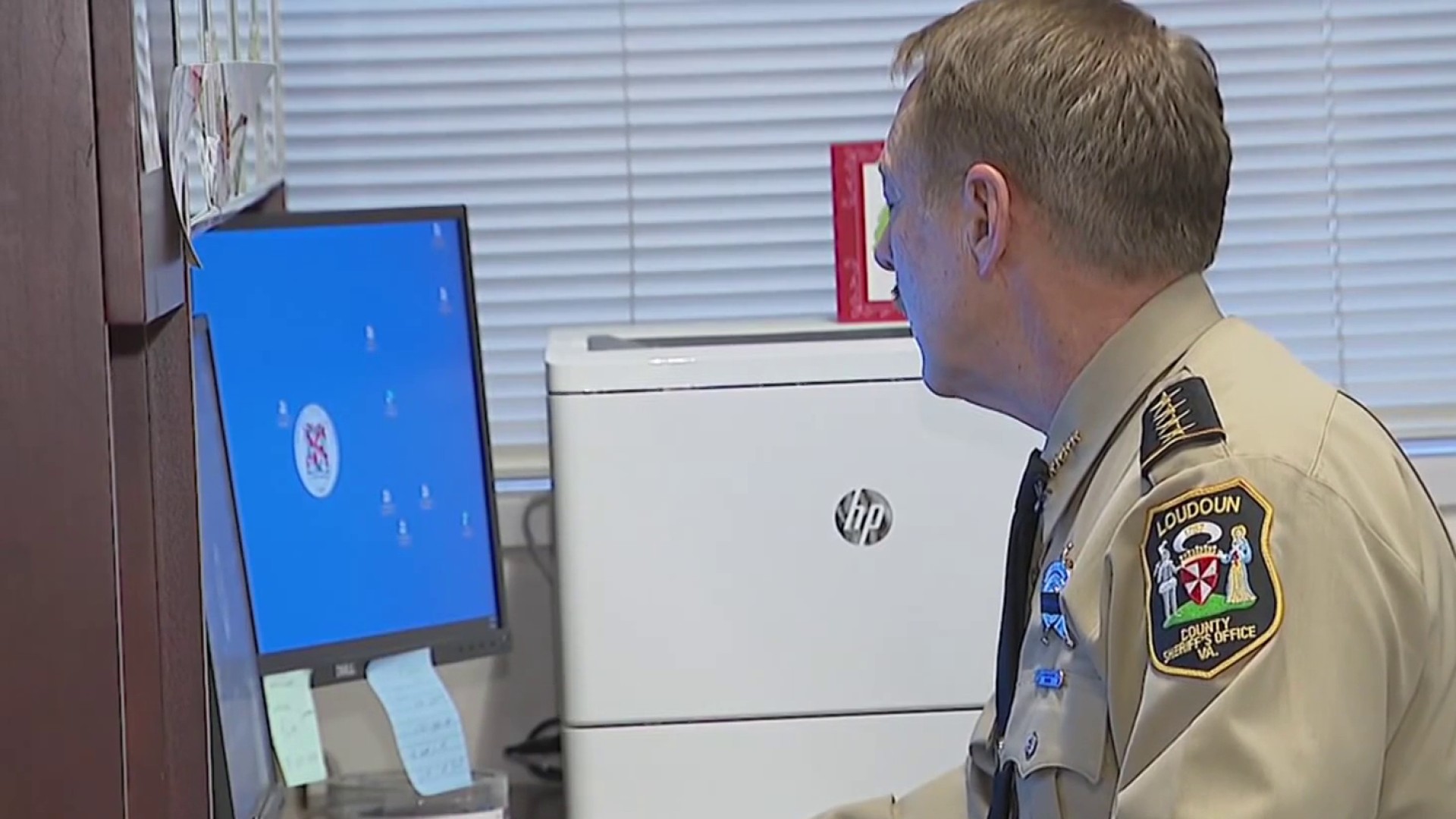Federal government agencies are combatting voluminous and criminal pornography viewing by employees, an investigation by the News4 I-Team found.
Federal government agencies are combating voluminous and criminal pornography viewing by employees, an investigation by the News4 I-Team found.
Despite increasing efforts by federal managers to filter and monitor internet usage, federal workers continue to gain access to illicit images on government-issued computers.
In one recent case, investigators found a Federal Trade Commission worker in Washington, D.C., made 26,000 searches for the terms “sex, nude or Asian.”
In another, an Amtrak employee in Maryland downloaded more than 100 sexually explicit images, after conducting searches for “hot girls in knee highs” and “redhead stocking garter.”
Using the Freedom of Information Act, the News4 I-Team obtained investigative records from a dozen federal agencies to gather a sampling of recent cases of computer misuse by employees. The sampling revealed at least 50 cases of large-scale or criminal pornography viewing at those 12 agencies since 2015, including several in which employees acknowledged spending large chunks of work days surfing for pornography.
The I-Team searched only for cases investigated by internal agency inspectors general, which tend to include only large-scale or unlawful pornography viewing discovered inside offices. Several of the cases involved workers eventually arrested and prosecuted for using government computer devices to view child sex images.
Local
Washington, D.C., Maryland and Virginia local news, events and information
In an October 2016 case, a NASA Goddard Space Flight Center employee was arrested at the agency’s offices in Greenbelt, Maryland, for suspected purchasing of child pornography. Agency records released to the I-Team show the suspect died before prosecution could be completed.
In a January 2016 case at the National Archives, an employee accepted a one-day suspension for uploading pornography on a National Archives computer, according to agency records. An unidentified colleague reported “moaning” sounds emanating from a cubicle. The same employee was investigated for opening an illicit video on a personal telephone in a break room.
“They’re creating morale issues for others who see them not working,” said Jason Metrick, investigator for the National Archives and Records Administration Office of Inspector General. “We expect those people to put in an honest day’s work for an honest day’s pay.”
A Commerce Department employee was investigated in Alexandria, Virginia, for using a government-owned computer to search for the terms “Lolita,” “preteens dancing” and “school girl inappropriate.” An inspector general report found insufficient evidence to substantiate child pornography crimes.
A U.S. Department of Agriculture case in New York shows the scope of the efforts employees make to conceal their activity. According to the investigative filings from the USDA Office of Inspector General, the employee acknowledged viewing porn on his work computer. But the investigation found the worker “(cleaned) out the internet file on the government computer a few times a week.” The employee’s nine USB thumb drives also contained privacy and file shredding software, which the employee used on the government computer multiple times a week.
Computer forensics expert Brian Dykstra said it is challenging for federal agencies to monitor the internet usage of such large workforces.
“It’s expensive, it’s time consuming, it takes money,” Dykstra said.
Dykstra, owner of Atlantic Data Forensics in Maryland, said public and private sector employees often use workaround techniques to bypass filtering and internet protections.
Dykstra said computer users will often remotely access their personal or home computers to gain access to material blocked at the office.
The 50 cases reviewed by the I-Team showed employees gained access to porn by using social media platforms, Tumblr, Craigslist or Backpage.
“There is pornography hidden on the websites they can still (go to) in the office,” Metrick said. “They tend not to go to websites that are explicit in nature. They find back doors.”
In a July 2016 case, a National Archives worker accessed thousands of inappropriate webpages after first visiting Backpage.com, according to an inspector general review. The worker later gained access to the Pornhub.com site by doing so, according to the review.
In some cases reviewed by the I-Team, employees denied viewing porn on the job until they were confronted with evidence. In a May 2017 investigation of a Washington, D.C., Amtrak employee, the agency’s inspector general found the employee would regularly delete his browsing history.
According to the Amtrak inspector general review of the case, “When (investigators) confronted employee with screenshots of the activity on his computer, he initially lied and blamed it on his son." The investigation found the employee acknowledged viewing pornography “periodically, but never while at work in his office; rather, he said he usually did so early in the morning or at the end of the day and primarily when traveling for work.”
Reported by Scott MacFarlane, produced by Rick Yarborough, and shot and edited by Steve Jones.



